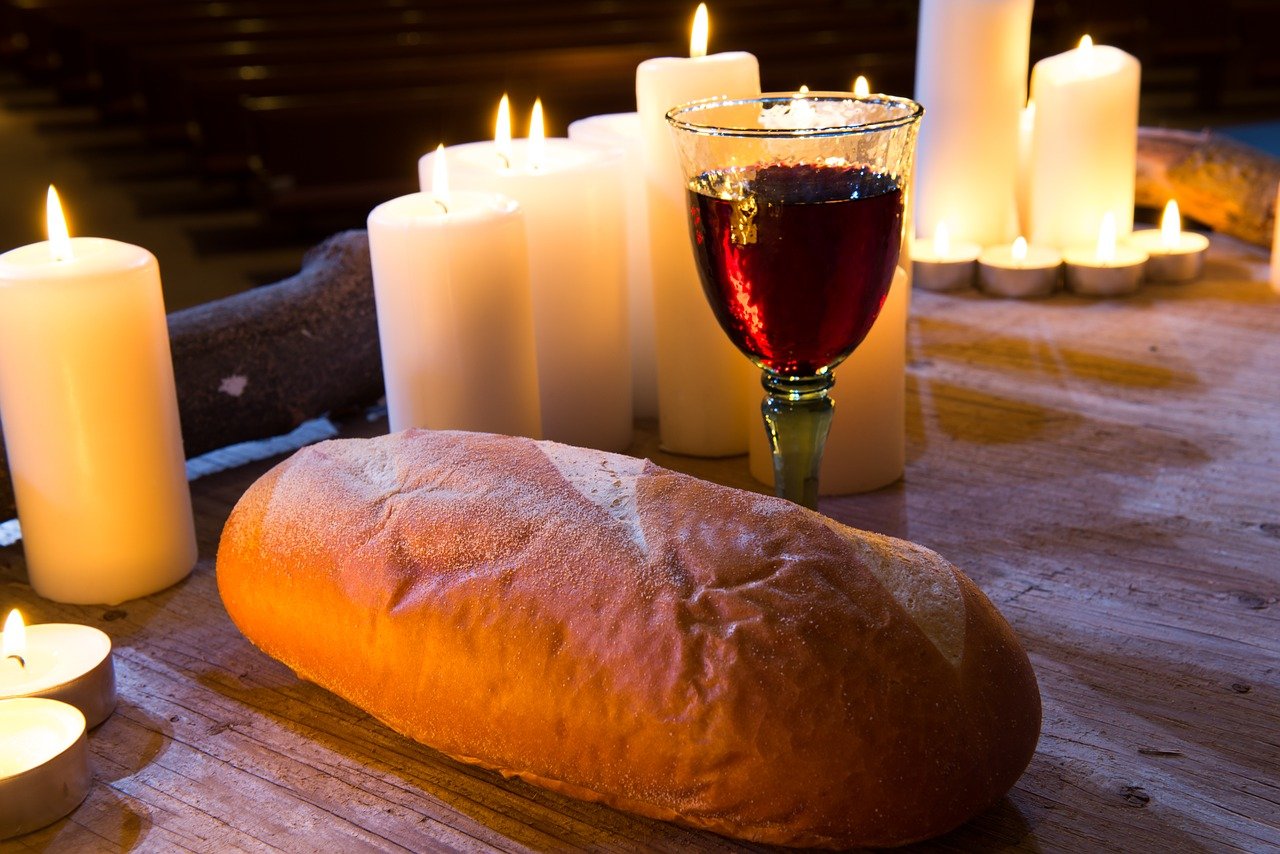This lecture was originally delivered at Hillsdale College. A PDF version of this essay is also available.
Last year, one of Hillsdale’s most famous alumni, Peter Leithart, wrote an essay called “Why Protestants Can’t Write” that began with the line “Blame it on Marburg.” The 1529 Colloquy of Marburg, of course, was the point at which Zwingli and Luther failed to agree on the nature of Christ’s presence in the Eucharist, although its historical importance has been vastly exaggerated (a pet peeve of mine that we don’t really have time to go into tonight). Leithart concedes that obviously not all the Reformers were Zwinglians, but he thinks that the Zwinglian ethos has captured Protestantism, to the point Protestants have been by and large unable to produce good literature over the centuries.
Good literature, after all, requires a symbolic realism, a union of sign and reality, which he thinks we see in the writings of the Catholic Flannery O’Connor. For her, “creation is always the medium by which God comes to us.” But for most Protestants, “symbols [are] separated from reality and reduced to ‘mere signs’ [which] cannot do anything. They exist as sheer ornament; Protestant writers cannot do justice to this world or show that this world is the theater of God’s redeeming action.”
Login to read more
Sign in or create a free account to access Subscriber-only content.
Topics:
